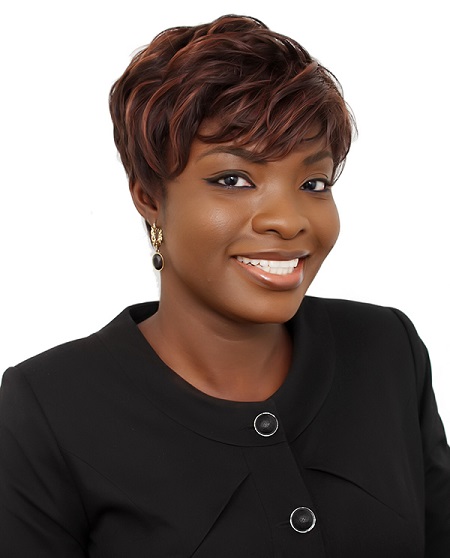Nania Owusu-Ankomah MCIArb
Why have you decided to specialise in ADR? What attracted you to this area of law?
I love litigation but I was constantly frustrated by the delays in the court process and the difficulties encountered in enforcement. Victories in court were always short-lived because clients’ businesses nevertheless suffered a blow by long drawn-out court battles. Arbitration therefore became an attractive alternative, especially as my work increasingly became international in nature.
Arbitration allows me to do what I enjoy most with additional perks. I am able to use the skill sets acquired as a litigator to resolve disputes in a quicker manner, using decision-makers that I participate in selecting while still providing binding decisions that could be enforced in several jurisdictions. The seduction of it all was impossible to resist.
What do you consider to be the biggest challenge in your career as a female practitioner in arbitration?
Time is definitely my biggest challenge. Forging a formidable career in international arbitration requires a lot of time dedicated to the profession, which leaves very little time for family/personal commitments. This is particularly daunting because I work in an environment where flexible working hours are not available. I am still striving to achieve a healthy work-life balance and learning to maximise every little bit of time I get. Unfortunately, this sometimes means turning down some interesting projects so that I can focus on building a thriving international arbitration practice.
What do you consider as the biggest challenge for ADR in the future?
ADR must maintain its position as a viable alternative to litigation. ADR will only remain relevant if we can preserve the advantages it has over litigation, which is resolving disputes in a quick and cost-effective manner. It is however becoming increasingly difficult to do this, especially in the sphere of international arbitration.
If you had a time machine, what piece of advice would you give to yourself at the beginning of your career in ADR?
Be visible. It is not enough to be talented or to do great work. Others must get to know about it, especially in a field such as ADR where proceedings are generally confidential. An easy but often neglected way of maintaining visibility is building strong relationships within the field, since ADR mainly relies on reputation and word-of-mouth referrals.
What is it like to work in a predominantly male profession such as ADR?
It makes you more conscious that gender diversity is desperately required in the field, particularly for international arbitration. Although the Pledge has helped, there is more work to be done to translate it into actual appointments for female arbitrators.
How has a membership with the Chartered Institute of Arbitrators benefitted your career?
Being a member of CIArb has widened my network. I’ve met so many people at events and during courses and these connections have been invaluable in advancing my career. Also, because the Institute’s members come from different parts of the world and from diverse backgrounds, I have been exposed to differing perspectives on issues shared within my network. This has greatly enhanced my knowledge of ADR and in particular, international arbitration.
Tell us about your interests, hobbies or any out of work activities.
I am currently developing an online information-sharing website for African lawyers. The aim is to provide practical resources to help lawyers stay sufficiently connected with legal developments and legal insights in a user-friendly manner. I hope that by sharing information and learning together, we can raise the standards within the profession and at the same time inspire each other. This is a passion project but unfortunately, I have not been able to dedicate as much time as I would like to it.
